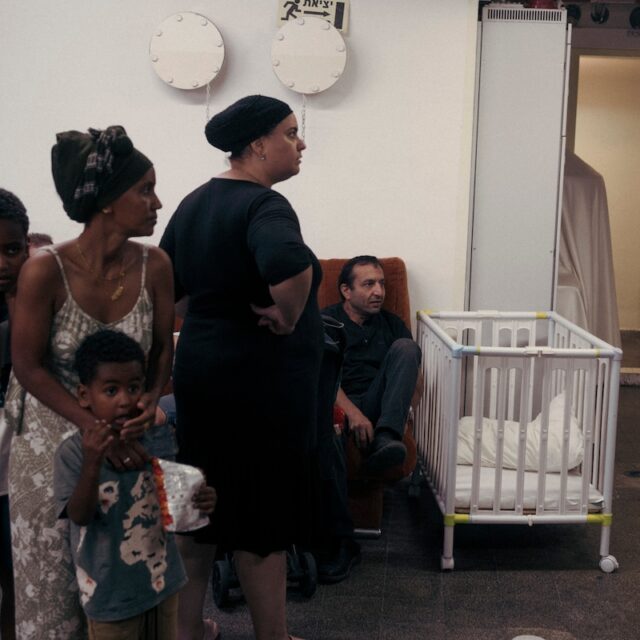The Washington Post, October 2023
As new evidence emerges of atrocities committed by Palestinian militants against Israeli civilians, and as Israel’s military begins its offensive into Gaza, a debate is unfolding about Hamas’s long-term strategic aims and what impact Saturday’s dramatic incursion will have on the politics of the Middle East.
While the roots of the conflict are decades old, even seasoned foreign policy watchers and scholars of international relations have been surprised by the extraordinary outburst of violence. In the wake of Hamas’s killing of more than 1,000 Israelis, Prime Minister Benjamin Netanyahu’s government declared war on Hamas. The United Nations also framed the newly reignited conflict as war. At the same time, both Israeli and U.S. politicians, as well as other leaders around the world, characterized the Hamas assault as terrorism — an attack by non-state actors against civilians to inspire fear.
The semantic distinction is not just academic: With the carnage piquing emotions in the Middle East and beyond, new questions about century-old arguments are focusing attention on what assaults on civilians achieve for militant groups.




